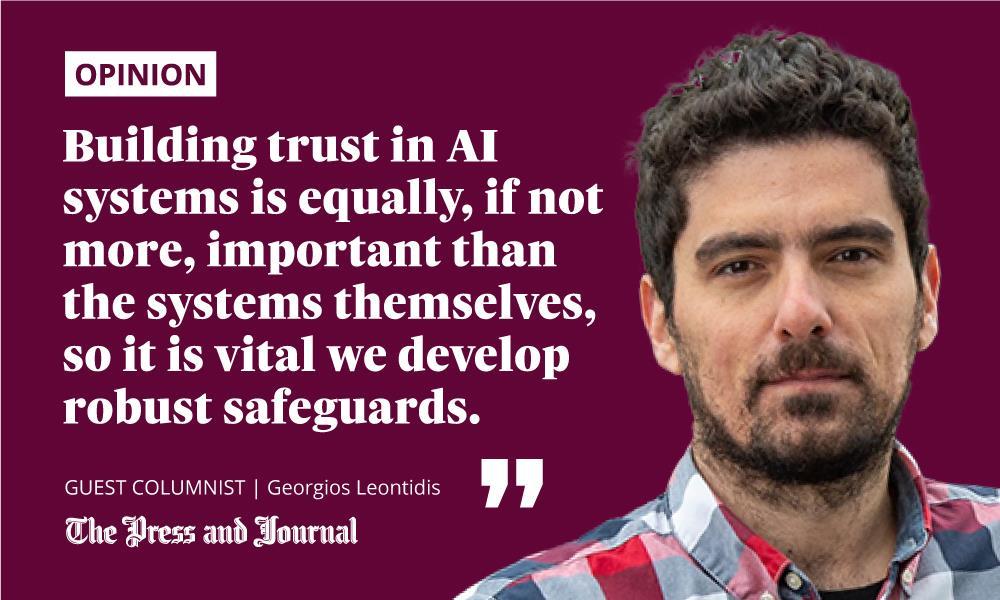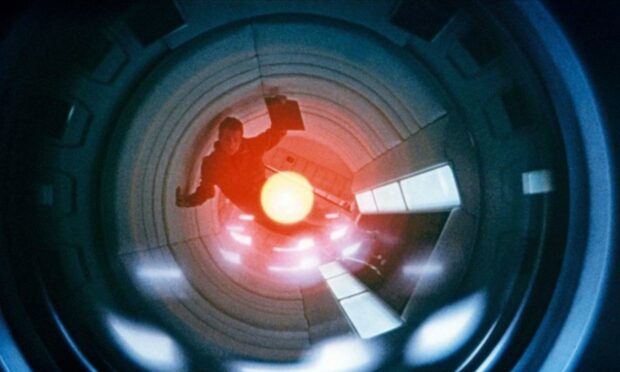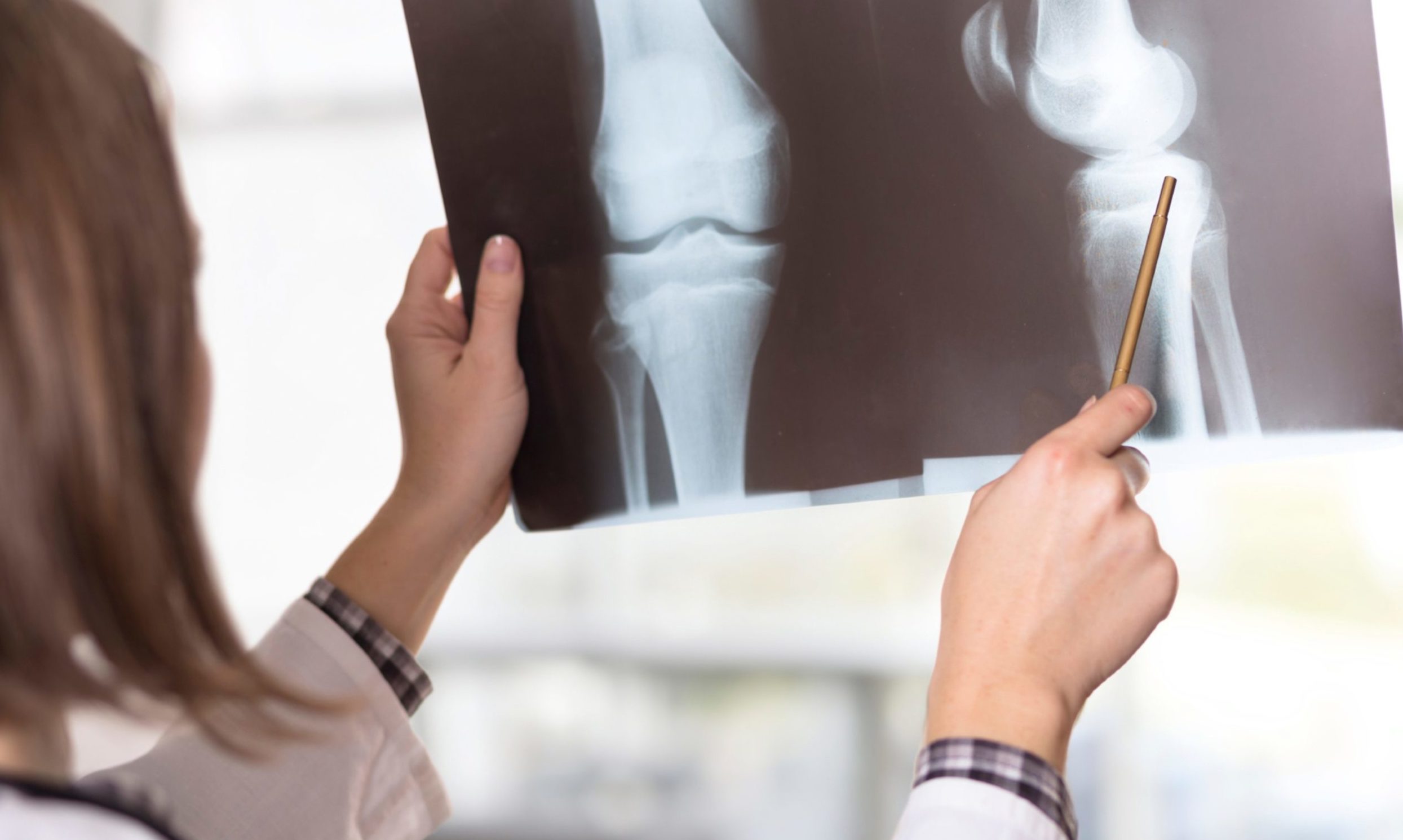How will data science and artificial intelligence (AI) technologies shape our futures?
Some may think in mildly dystopian terms, of a world where robots take over and our capacity to shape our own destinies is diminished – or, if your imagination wants to go full Hollywood disaster movie, eliminated entirely.
Others may have a sunnier outlook and consider a future where life’s heavy lifting is carried out by benign systems, giving us more time than we’d ever thought possible to pursue our interests while being financially and socially secure.
That’s certainly a goal I’d like to aim for, but this positive vision can all too easily turn sour unless approached in the right way, guided by scientific and ethical rigour.

What is clear is that these technologies are uniquely placed to provide solutions to major challenges facing society today, from climate change and the energy transition to healthcare and digital transformation in industry and government.
These complex problems need sophisticated solutions, requiring scientists to work collaboratively across academic disciplines.
At the University of Aberdeen we are doing just that, underpinned by our Aberdeen 2040 strategy, which identifies data and AI as one of five key research challenges of our time.
AI could change our lives
Our researchers are working on hugely ambitious projects that have the potential to make a real impact on lives and livelihoods – from building a virtual model of the entire North Sea to reduce oil and gas decommissioning costs, to developing algorithms to quickly diagnose bone fractures in accident and emergency departments.
We’ve even used data and AI technology to create the world’s first 3D thermal image of an active volcano, to provide more accurate information on the likelihood of an eruption.
We have a strong track record in commercialising our data and AI research, and we continue to apply our expertise to improve health and daily life.
One of our most exciting current projects is the Industrial Centre for Artificial Intelligence Research in Digital Diagnostics (iCAIRD), a partnership involving our Aberdeen centre for health data science and NHS Grampian, which is transforming how academia works with industry and the NHS.
Established to enable better and earlier diagnosis, more efficient treatment and improved outcomes for patients, iCAIRD is developing AI technology that can bring significant improvements in patient care across clinical areas, with the university directly involved in projects that will improve stroke patient care and breast cancer screening.
Making AI systems transparent and accountable
Of course, there are urgent questions over how far we should trust AI systems in situations where any mistake could have catastrophic consequences.
Building trust in AI systems is equally, if not more, important than the systems themselves, so it is vital we develop robust safeguards to enable us to fully benefit from these systems – because, without trust, they are doomed to failure from the outset.
With this aim in mind, we are working with colleagues at Oxford and Cambridge universities on the Realising Accountable Intelligent Systems (RAInS) project – a £1.1 million initiative that is developing auditing systems akin to “black box” flight recorders for AI.
This will provide secure, tamper-proof records of intelligent systems’ characteristics and behaviours that can be shared and analysed following incidents or complaints, ensuring that future AI systems are transparent and accountable.
Fighting climate change and helping local organisations
At the university, we’re also excited to be working on new research to help businesses reap the benefits of AI and support economic growth here in the north-east of Scotland and beyond.
And, as for the robots taking over? Let’s make sure that, like in all the best Hollywood disaster movies, the good guys win.”
This year, we have commenced a £1 million project that will harness the power of AI to help Scotland’s food and drink industry reduce its carbon emissions, meeting the needs of businesses committed to reducing their carbon footprint in line with net zero ambitions.
Working with businesses and industry stakeholders, the Enhancing Agri-Food Transparent Sustainability (EATS) project will use complex food and drink supply chain data to build a trusted digital platform where farmers and producers can accurately track their emissions, thus allowing them to take action to reduce them.
We want businesses and organisations to know that we are here to support them meet the challenges and opportunities of the data and AI revolution. It is through projects like EATS that we will create real impact.
During the year ahead, we’ll be highlighting more of our exciting work as we focus on our data and AI research activities, and I invite you to keep an eye on our university social media channels, where we’ll be posting regular updates.
And, as for the robots taking over? Let’s make sure that, like in all the best Hollywood disaster movies, the good guys win – with the scientists taking at least some of the credit.
Georgios Leontidis is director of the University of Aberdeen’s interdisciplinary centre for data and artificial intelligence


